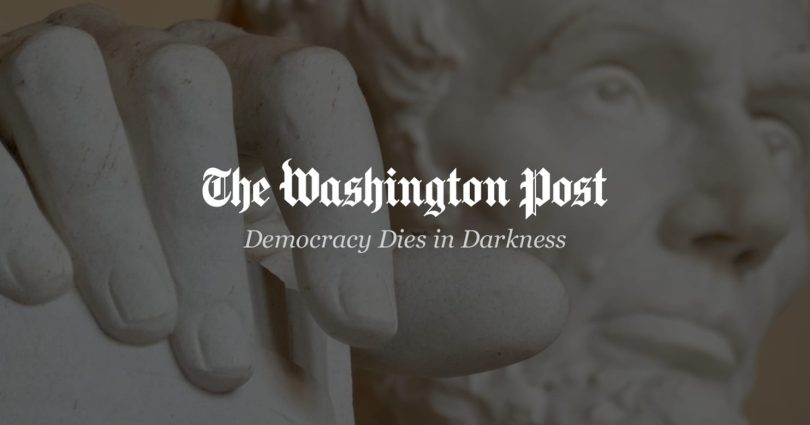[ad_1]
Regulators in Ireland have adopted this thinking with zeal since the implosion of their banking system amid the global financial crisis almost 15 years ago. In 2008, Irish banks collapsed under intense funding pressures, which persisted through to 2010 as initial support proved inadequate against the worldwide forces at play. The cost of the international bailout to Irish taxpayers was about 45.7 billion euros ($46 billion).
While there were a host of reasons for the 2008 collapse — macroeconomic developments, risky bank practices and unsustainable fiscal policies — fighting over a relatively small pool of customers loomed large.
“Witness after witness came before the banking inquiry,” one member of a parliamentary committee set up to investigate the crisis reported. “They spoke of the cutthroat competition that developed among themselves. This, in turn, drove the reckless lending practices that inflated the property banking bubble and led to the economic crash.”
In response, authorities went about shrinking the system. In January 2009, they nationalized Anglo Irish Bank, one of the most reckless lenders. For a while, they contemplated building a new business around its remains, but in mid-2010 they abandoned the idea and began to wind it down. Another domestic bank, EBS, was nationalized shortly after, before being forcibly merged into Allied Irish Banks Plc in 2011. Some foreign banks simply walked away. Bank of Scotland handed its license back to the authorities, followed by Danske Bank a few years later.
That left five banks operating in Ireland – three of them domestically owned (Bank of Ireland Group Plc, Allied Irish and Permanent TSB Group Holdings Plc) and two foreign-owned (Ulster Bank, owned by the UK’s NatWest Group Plc, and Belgium’s KBC Group NV). In mortgages, the five had the market sewn up. In deposits, they controlled around 90%, with credit unions and online banks taking the rest. Five was considered an optimal number to foster competition while at the same time maintaining financial stability. Canada, whose banking market escaped the worst of the crisis, has long been home to five major banks.
But the foreign-owned banks didn’t count on years of low interest rates stifling their profitability and, in the past few years, they too have pulled out. KBC is selling most of its loans and deposits to Bank of Ireland, and Ulster is dividing its loans between Permanent TSB and Allied Irish. This week, Permanent TSB finalized its acquisition of Ulster’s performing non-tracker residential mortgage business.
So now we’re down to three. Among them, they have almost all the mortgages and commercial loans in the market and, assuming that Ulster’s deposits ultimately migrate to them, 90% of the country’s deposits.
The result is a system that looks a lot more resilient than it once did, yet lacks a competitive dynamic. The three banks are so flush with deposits that they have little incentive to pay for them. Irish deposit costs are some of the lowest in Europe, having barely risen against the trend of rising policy rates. Irish banks pay an average of 3 basis points on deposits, compared with 28 basis points across the euro zone, according to European Central Bank data.
The impact is beginning to show up in earnings. This week, Bank of Ireland management upgraded its expectations for 2022 net interest income to 6%-7% growth. They followed Allied Irish, which has lifted its guidance for net interest income several times already this year, raising its forecast from “high single digit” to 10% growth to over 15% growth. It plans to update the target again on Dec. 2.
In its latest Financial Stability Report, the Irish central bank indicated no regrets over the benefits on bank profitability of a concentrated market: “Profitability in the banking sector has recovered and is set to be bolstered by the prospect of improved lending margins under tighter monetary policy and increased scale economies resulting from ongoing consolidation in the market.”
As recession looms again in Europe, Irish bank customers can feel confident their banks are safe. But if the price they pay for banking exceeds that in other countries, authorities may wonder if they prioritized stability too much at the expense of competition.
More From Bloomberg Opinion:
• City of London Bankers Better Check Rishi Sunak’s Meddling: Paul J. Davies
• Protecting Big Banks Won’t Enhance Competition: Hoenig and Bair
• Better to Flip Burgers Than Work at a Megabank: Gearoid Reidy
This column does not necessarily reflect the opinion of the editorial board or Bloomberg LP and its owners.
Marc Rubinstein is a former hedge fund manager. He is author of the weekly finance newsletter Net Interest.
More stories like this are available on bloomberg.com/opinion
[ad_2]
Source link








